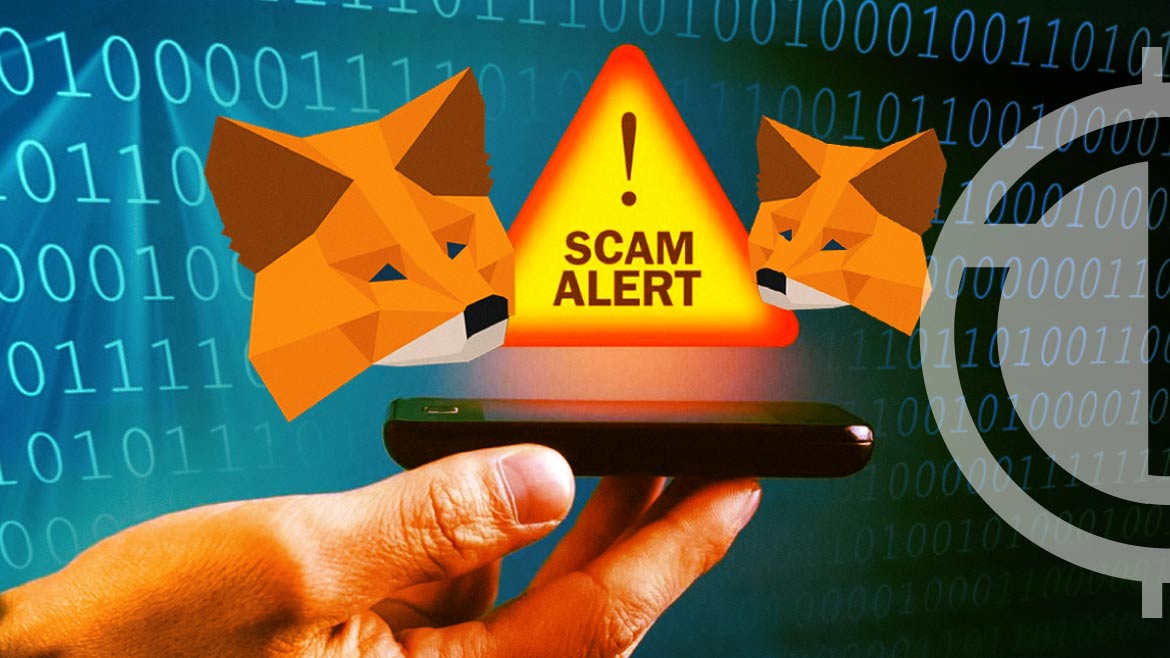- Crypto scams exploit government sites for MetaMask users.
- Government websites of India, Nigeria, Egypt, Colombia, Brazil, and Vietnam have been victimised.
- Collaboration within the crypto community is vital to educate users and combat scams targeting government-owned website credibility.
In a concerning development that highlights the growing sophistication of cryptocurrency scams, government-owned websites from various countries have inadvertently become accomplices to cybercriminals targeting users of the popular Ethereum-based crypto wallet, MetaMask. This alarming trend involves redirecting unsuspecting victims to counterfeit websites that request access to their MetaMask wallets, ultimately leading to potential losses of digital assets.
MetaMask has long been a magnet for scammers seeking to exploit vulnerabilities in the cryptocurrency ecosystem. Reports indicate that in April, an alleged exploit managed to siphon off a substantial amount of Ether—roughly 5,000 tokens—though MetaMask swiftly refuted these claims via a tweet from their official handle.
Recent reporting on @tayvano_’s thread has incorrectly claimed that a massive wallet draining operation is a result of a MetaMask exploit.
— MetaMask 🦊💙 (@MetaMask) April 18, 2023
This is incorrect. This is not a MetaMask-specific exploit. https://t.co/MiJ3QgslMy
The modus operandi of these crypto scams is to leverage the legitimacy of government-owned website URLs, luring users into a false sense of security. Countries such as India, Nigeria, Egypt, Colombia, Brazil, and Vietnam have all witnessed instances where their official websites unwittingly redirected users to fraudulent MetaMask portals. This novel tactic capitalizes on the trust individuals place in government websites, exploiting this inherent trust to facilitate unauthorized access to crypto wallet holdings.
The rise of these scams underscores the need for heightened vigilance within the crypto community. Users are advised to be extra cautious while accessing MetaMask and other cryptocurrency-related platforms, double-checking website URLs and scrutinizing any requests for sensitive information. One possible preventive measure could involve integrating two-factor authentication mechanisms directly into the wallet interface, adding an extra layer of security against unauthorized access attempts.
As the world of cryptocurrencies continues to evolve, so too do the strategies employed by malicious actors. The exploitation of government-owned website URLs showcases the extent to which scammers are willing to go to deceive and defraud innocent users. As a response, the crypto community must remain united in its efforts to educate users about potential threats and encourage the adoption of best practices to safeguard their digital assets.
The emerging trend of utilizing official government websites to facilitate crypto scams targeting MetaMask users highlights the adaptability of cybercriminals. By leveraging the trust associated with government URLs, scammers are exploiting unsuspecting victims and accessing their precious crypto holdings. The onus now rests on users, crypto platforms, and the broader community to collaborate in the fight against these scams and ensure a secure environment for all participants in the crypto space.






